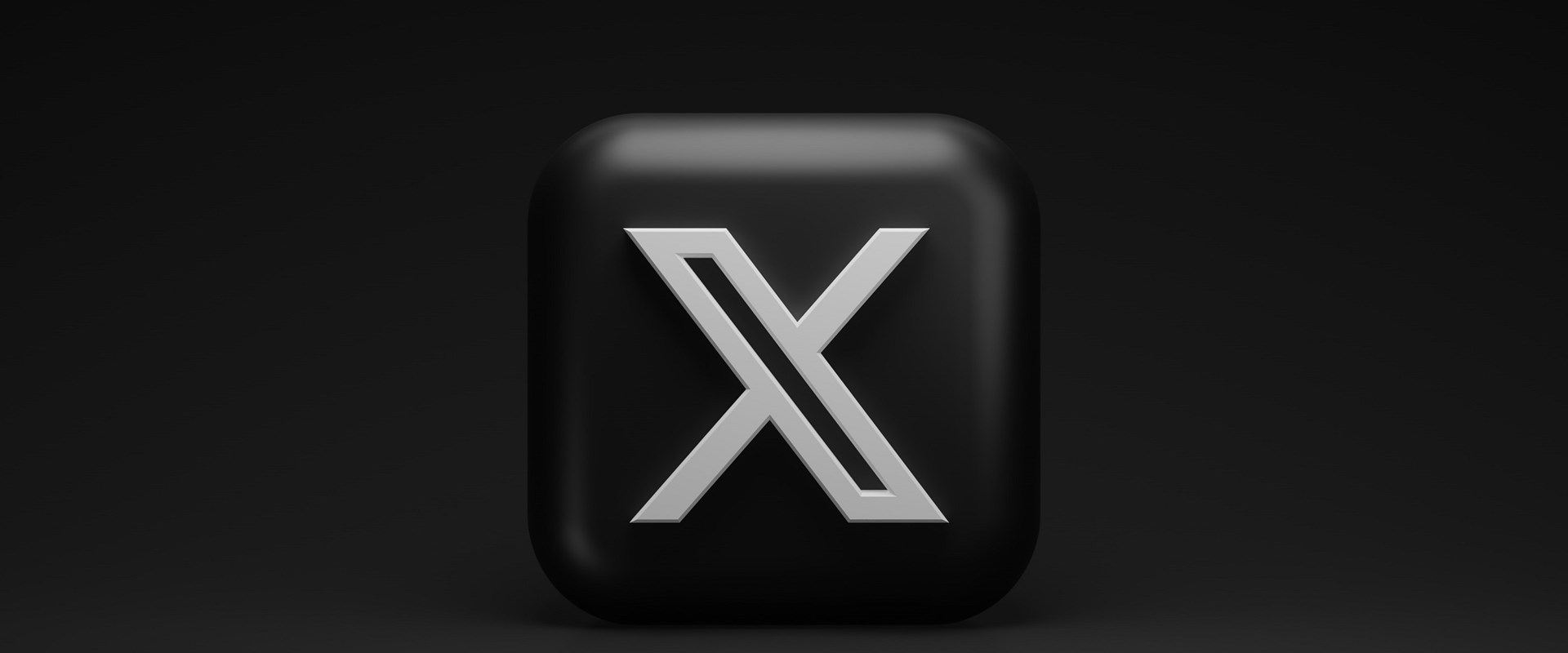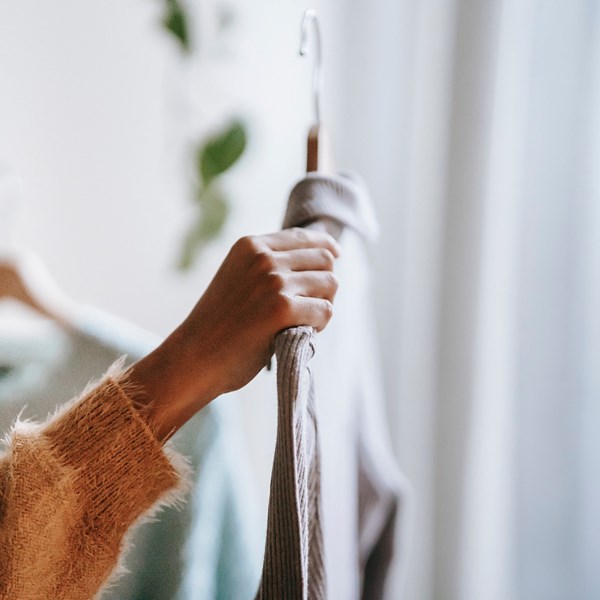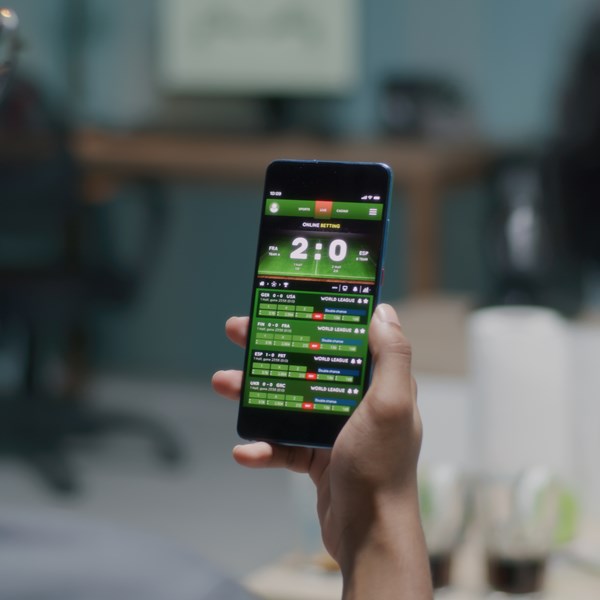You will have done well to miss the news that Twitter has shed its old skin and emerged from the social media cocoon with a new identity as "X".
Although the change may have seemed sudden, it had apparently been in X CEO Elon Musk’s plans well prior to the acquisition of Twitter, back in October 2022. Musk purchased the domain X.com back in 2017 and the domain is now redirecting to Twitter, so there has plainly been a commercial interest in this single brand for some time.
Despite the fanfare and online excitement, there are numerous potential IP issues surrounding the social media giant’s leap into its brave new world of “X”.
“X” - IS THE TRADE MARK DISTINCTIVE?
X has already been registered over 400 times in the UK alone across a variety of goods and services, so the letter “X” is probably not the most unique mark that Twitter could have chosen for its rebrand. The fact that the mark has been registered so many times already, albeit often with specific stylisation, indicates that it may be inherently distinctive, meeting the low bar applied in the UK.
Putting aside the inherent distinctiveness, however, it is interesting to note that the mark may have already become one of the most recognised in the world. The fame an enormous user base of (formerly) Twitter resulted in the seemingly sudden rebrand becoming worldwide, frontpage news within a matter of minutes. The public persona and celebrity of the CEO also helped in spreading the word of the rebrand far and wide, within hours.
The bar for arguing a case of acquired distinctiveness of a mark is a high one, usually requiring years of effort and expenditure on behalf of the owner. However, the very nature and enormity of the platform that “X” provides, has allowed it to likely acquire an astronomical level of distinctiveness and recognition among the relevant consumers within a very short time.
So, whilst the mark was only narrowly distinctive initially, it is likely now unquestionably a registerable trade mark!
THE X TRADE MARK: BARRIERS TO REGISTRATION
Many jurisdictions refuse trade mark protection for marks which are identical or similar to earlier registered marks. Whilst the UK does not, many highly significant jurisdictions do employ these relative grounds for refusal.
The US and China for example, will refuse trade mark applications based on earlier rights with coverage for identical or similar goods and services. The plethora of existing registered “X” marks in these jurisdictions may therefore pose significant challenges to Twitter/X in obtaining registrations for the new brand. However, a large organisation such as Twitter/X will likely have the resources, proficiency and impetus to create room for its trade mark portfolio, enforcing and acquiring as needed to adequately protect its rights.
Even in countries that do not refuse applications based on earlier rights, X will likely face opposition from owners of earlier X marks, which incidentally includes competitors Meta and Microsoft, as just a couple of examples. Microsoft in particular may be especially protective over its X marks which are used in relation to the XBOX brand.
Being the global entity that it is, X’s legal team will need to navigate the varying intricacies of the trade mark laws and regulations of different countries, which will be especially challenging in view of the nature of the mark in question.
In some jurisdictions for example, it may not even be possible (or would be quite difficult) to register a single letter trade mark. X may therefore have no choice but to rely upon its rapidly built acquired distinctiveness to obtain registrations in these jurisdictions, through even then it may simply not be possible to obtain the trade mark rights available to marks with a greater degree of inherent distinctiveness. It will certainly be interesting to see how this is received by the relevant offices, given the previously high bar for these kinds of cases.
HAVE YOU HEARD? THEY KILLED THE BIRD!
The iconic little blue bird had become synonymous with all that Twitter previously represented. Indeed, the whole concept of the brand had been built around it. So, what now? What happens to the reputation and goodwill associated with the previous brand?
In short - we shall have to wait and see how smoothly Twitter/X amalgamates itself, or if it even wishes to retain any of its former brand character.
Whilst the rebrand seemed sudden, many references to Twitter and the old styling remain and, whilst making no assumptions as to whether this has been intentional or not, this could in fact end up helping X carry over the reputation and goodwill that the previous brand had built up. Making the changes gradually and not immediately abandoning the large portfolio of Twitter formative and related sub-brands may assist in allowing users to associate the new brand with the old, therefore maintaining its reputation and goodwill.
Regardless of its commitment to the rebrand, X will need to be mindful of legacy enforcement and protection over its large portfolio of Twitter formative marks. Whilst the brand now identifies as X, many consumers shall identify the business as Twitter, meaning that damage done to the old brand (by imitators, infringers and so on) may well mean damage to the new brand.
The whole world essentially knows that the old Twitter trade mark portfolio is no longer in use. As such, it is likely that attempts to enforce any of the old brands by X shall be met by allegations of non-use, and third parties may seek to capitalise on the legacy goodwill and international repute, accordingly.
X will therefore need to think carefully about how it shall preserve its legacy brand interests as it moves forward with the new brand.
THE TWITTER END!
Complete rebrands are very rarely plain sailing, however, there are pros and cons to everything.
X will undoubtedly face multiple challenges, not just from earlier right holders, but also in policing and enforcing its new brand while protecting the old.
On the other hand, rebrands often help to keep online platforms fresh and relevant. This is especially important when new technologies proliferate quickly and face the threat of genericism in the marketplace, something which has been the downfall of many seemingly novel brands. The company had already noted that there was a risk that the word ‘Tweet’ could become synonymous with any short comment posted publicly on the Internet. If that were to happen, the entire brand would be at risk - Just ask the owners of Sellotape, trampoline, aspirin and the countless other marks which fell into the trap of becoming generic in their respective fields as a result of their own success!
The rebrand may prove to be a commercial master stroke, but it remains to be seen how X shall deal with the numerous challenges associated with protecting and enforcing a single letter brand.





